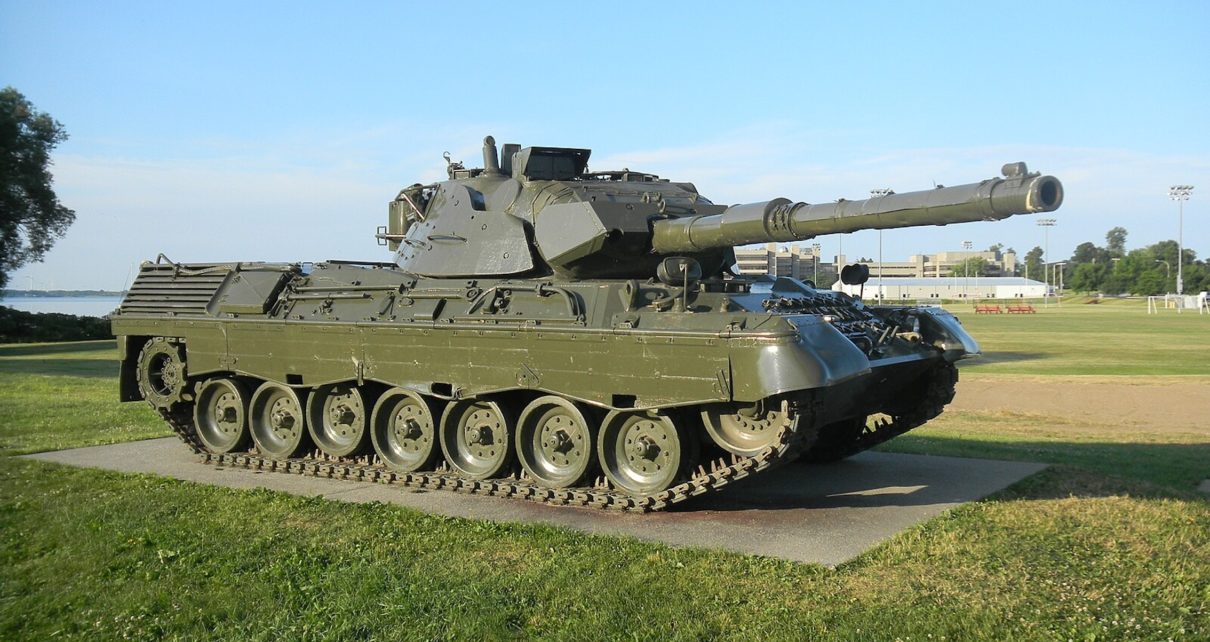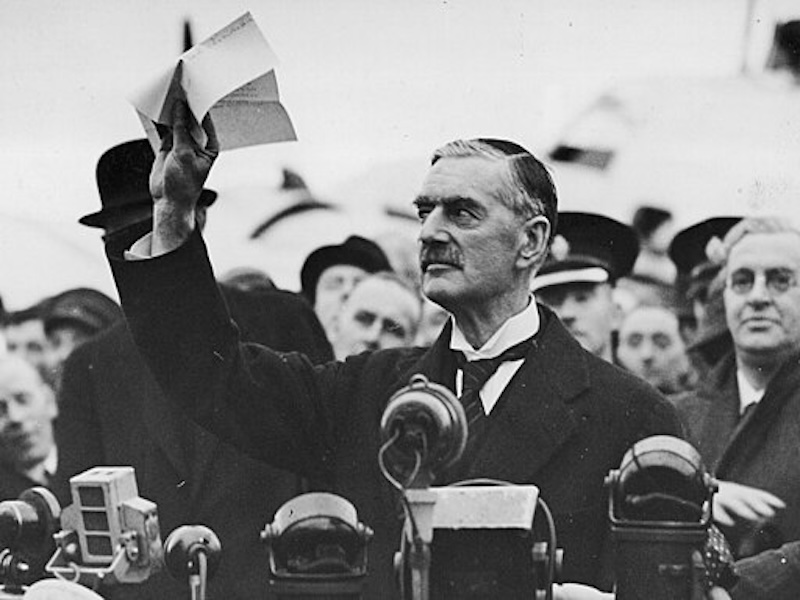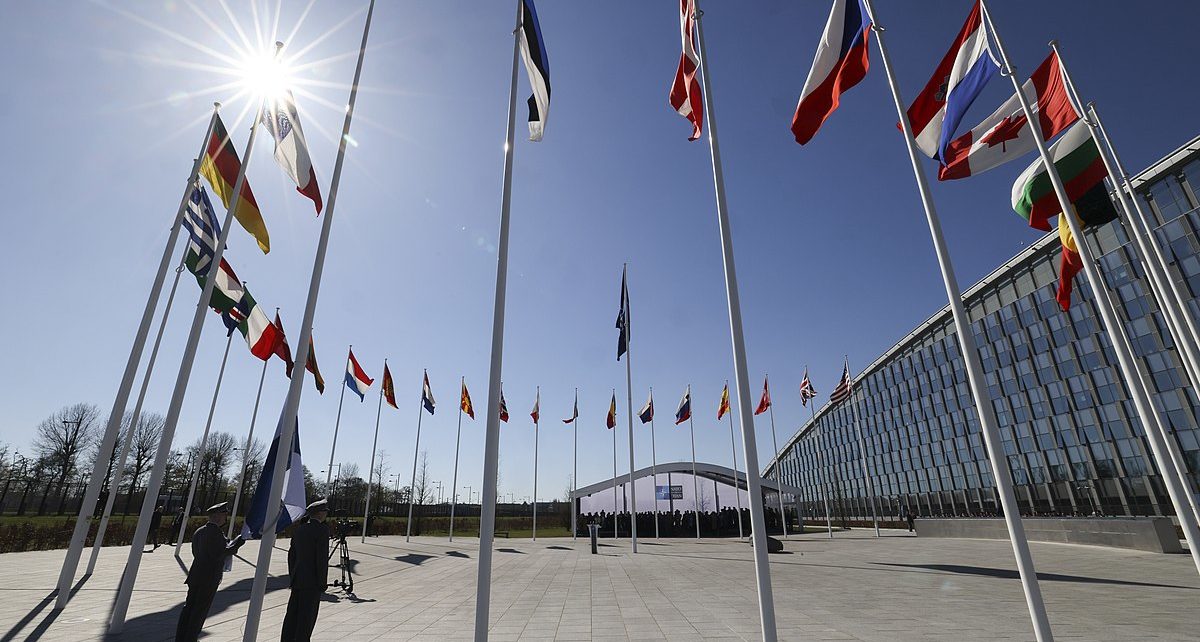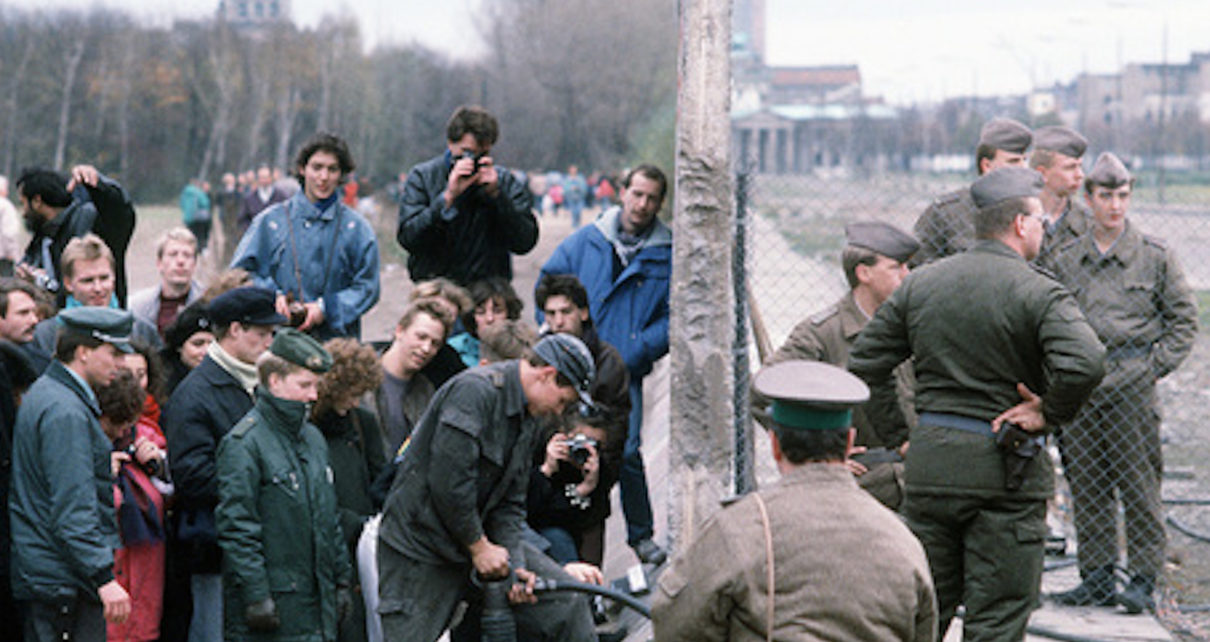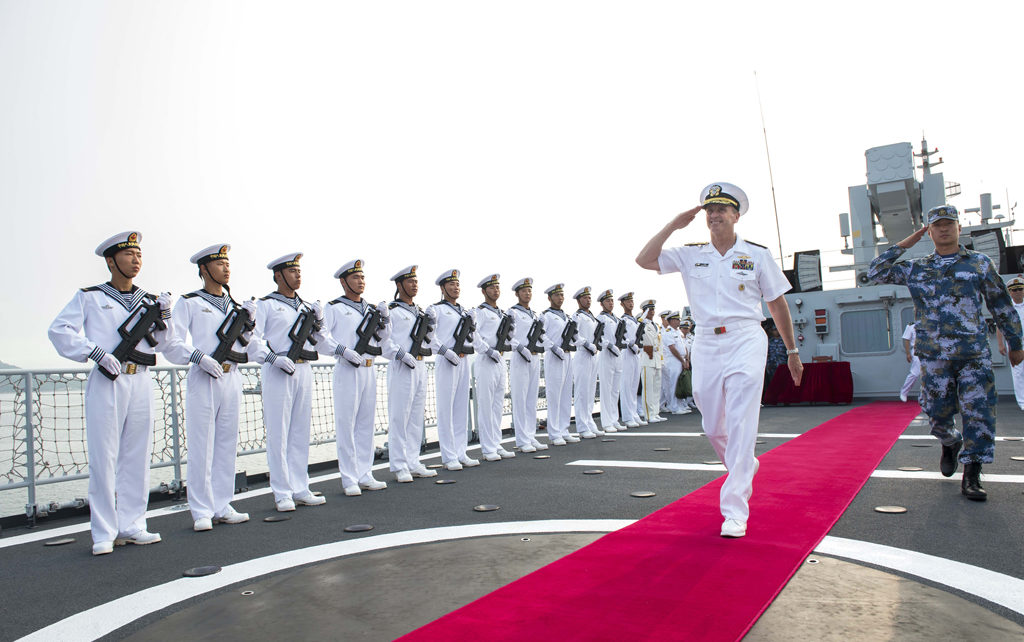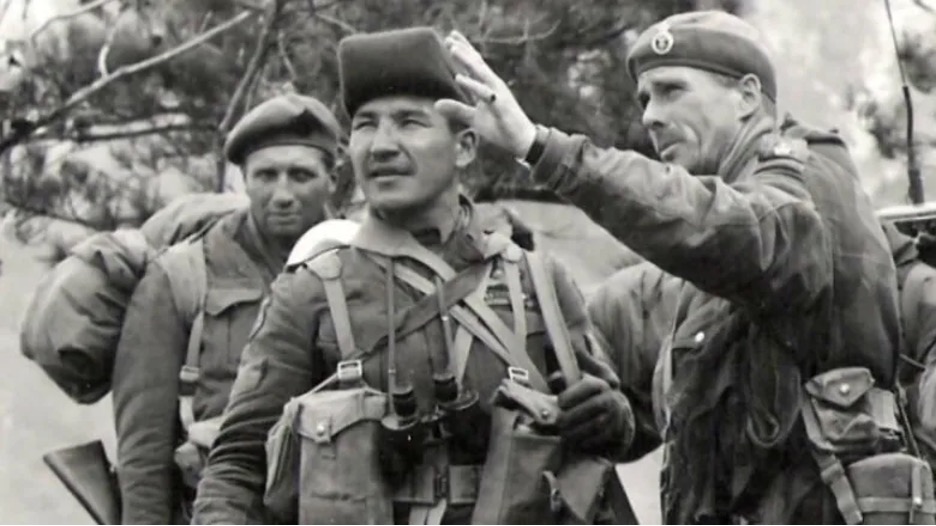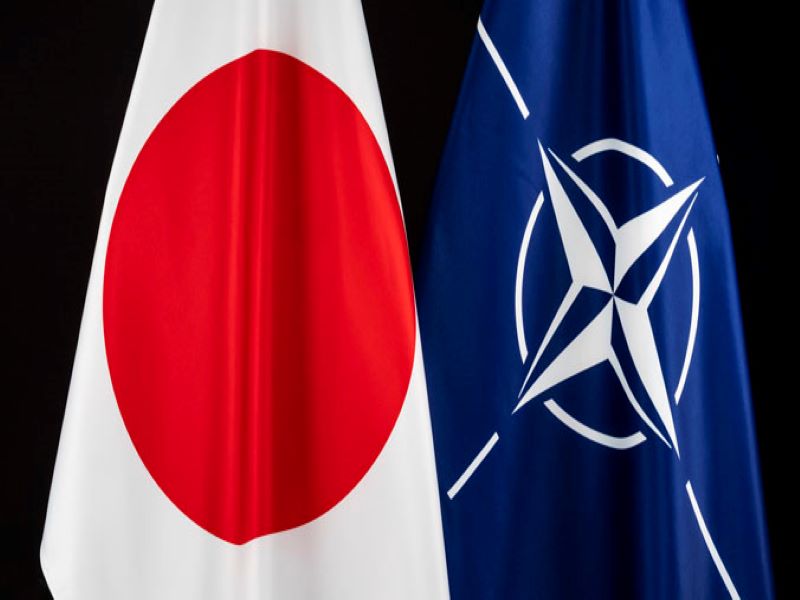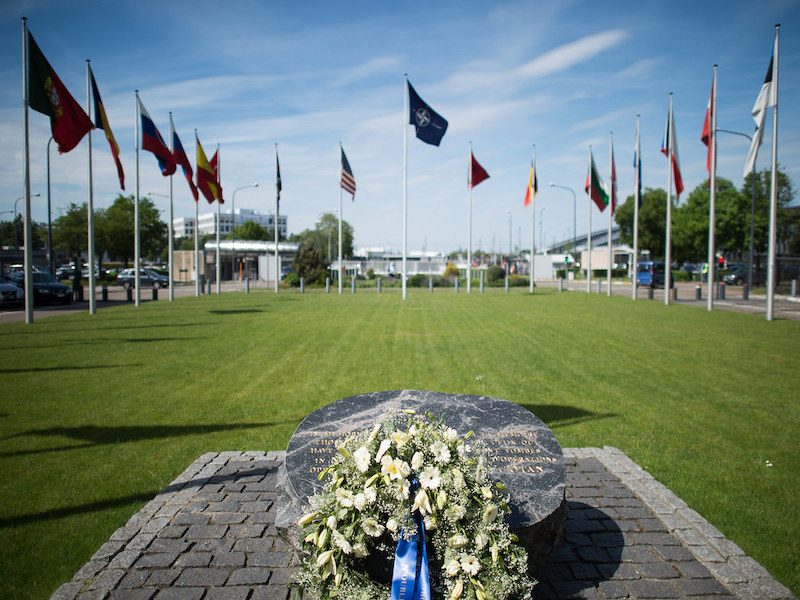Since the early 1950s, Canada has consistently deployed elements of the Canadian Army, the Royal Canadian Air Force (RCAF), and the Royal Canadian Navy (RCN) in support of NATO operations. All military acts, be they waging war or preparing for it, are in furtherance of political objectives. In this vein, Canadian force commitments to NATO Read More…
Tag: Cold War
The Verdict of History: An Incomplete Peace Is a Dangerous Proposition
Since the Russian invasion of Ukraine began in 2014, Moscow’s aggression against its neighbour has gone through several significant phases, from the annexation of Crimea, to mounting insurgency in the Donbas, to its full-scale invasion of Ukraine proper in 2022 and a subsequent seesaw of back-and-forth offensives. With the Trump Administration in full swing, the Read More…
A Third Nuclear Age: Russia’s Role in Nuclear Proliferation Since the Invasion of Ukraine
At a Royal United Services Institute event in December 2024, the head of the UK military, Admiral Sir Tony Radakin, claimed that the world could be on the brink of a “third nuclear age”. Nuclear weapon proliferation is on the rise, largely driven by the Russian invasion of Ukraine. It is important to identify the Read More…
NATO Historical Series – Winning the Cold War
As NATO’s seventy-fifth anniversary approaches, the alliance finds itself confronted by Russian revanchism and invasions in Eastern Europe, growing anti-Western alliances in Asia, and tenuous and uncertain political trends in many member nations. Yet to NATO, this is familiar territory – much of the same dynamics are occurring now as during the Cold War (1947-91), Read More…
China’s Ascendance: Its History and Hazards – Part 2: The Long March
If you read “China” in Chinese, it actually means “Middle Kingdom.” It epitomizes why, politically and culturally, a significant proportion of the Chinese population believes that China is a superlative civilization that must restore itself to its “former glory.” Chinese emperors have fought for control of one of the longest-lasting empires on earth, from the mythical Read More…
Special Report: Did NATO “Promise” Russia Not to Enlarge?
A common trope in Russia’s discourse about NATO is the charge that the organization has not dealt with Moscow in good faith. Many Russians, of which Putin is a particularly vocal example, allege that Western officials assured their Soviet counterparts during the Two Plus Four negotiations (West Germany and East Germany plus the US, USSR, France, and the UK) on German reunification in Read More…
Nothing is Foreign Here: China, Japan, and the Influence of Narratives within American Policymaking
How do stories shape domestic articulations of foreign policy? In this special report, Jack Burnham discusses how the narratives surrounding the rise of China and Japan shaped American foreign policy debates.
Governor General Mary Simon Brings New Representation to Indigenous Peoples’ Centuries-Old History with Canada’s Armed Forces
In accepting the role as Governor General, Simon brings new representation to Indigenous peoples’ extraordinary, yet often unacknowledged, centuries-old history of fighting for and defending Canada.
Special Report: NATO’s Indo-Pacific Strategy Needs Japan
In this special report, Junior Research Fellow Andrew Erskine explores how NATO-Japanese relations are key for upholding a rules-based order in the Indo-Pacific. In particular, Andrew identifies how Japan, back with NATO’s diplomatic experience, can bring together Indo-Pacific nations that do not desire a bipolar order dominated by Sino-US great power competition.
The Stories We Tell Ourselves: Lessons from NATO Headquarters
Completed in 2018, the new NATO headquarters is meant to resemble interlocking fingers, evoking the unity and cooperation of the Alliance. Since its completion, artifacts and memorials have continually been added to the outside of the structure, including a piece of the Twin Towers, a replica of a Trabant, and sections of the Berlin Wall, Read More…

